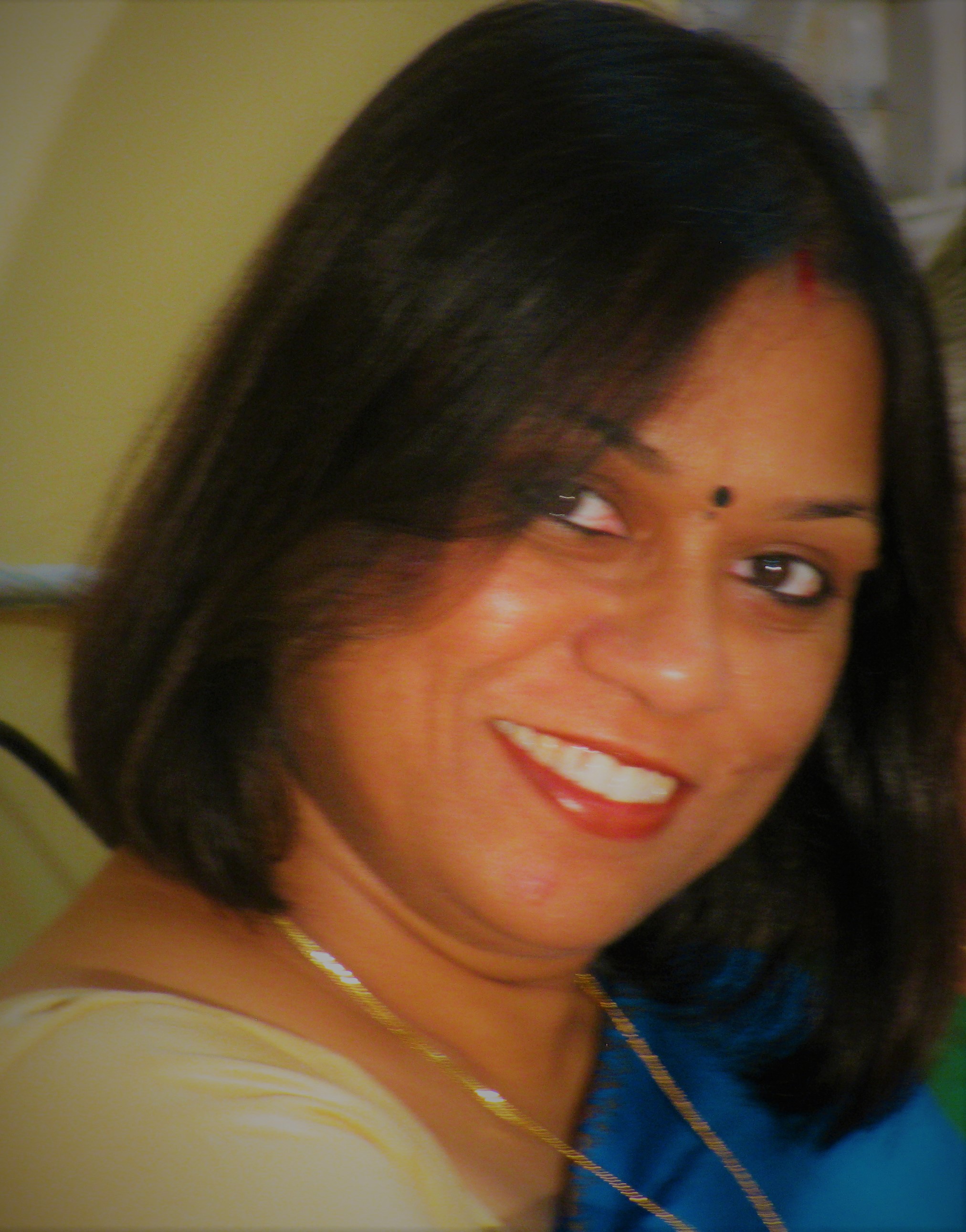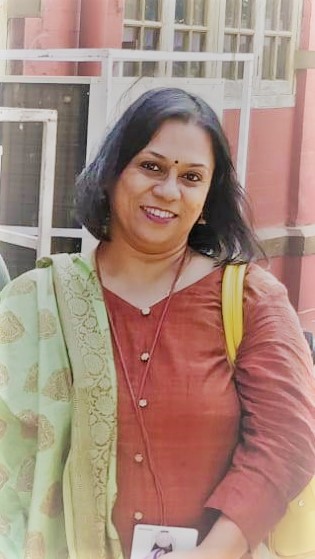

0


0

Authors & Poets
By Pavitra Hegde
11 May, 2020

 Sucharita Dutta Asane
BV: A lot of your stories are based in places you've been brought up in, basically derived from memories of these places. Are your stories too derived from memory/ experience or simply observations?
Sucharita: Not really brought up in. These are places culled from memory or imagination. We draw from memory subconsciously or consciously, it molds our lived and imagined experiences and as writers, we fold them into our stories, giving them shape and form, sometimes unknowingly. Many of the places, situations, or even characters in my stories are spaces I inhabited in, people I conversed with, but primarily in my mind while writing the story. Often, they took shape as I wrote, forged by the story and its needs. However, I could perhaps find traces of these imagined spaces in real situations, fleeting glimpses. For example, the Bengal countryside that I write about in some stories is based on remembered narratives from my father who continued to miss his village in undivided Bengal till his death. Political and social issues form an important part of my narratives, so these concerns seep into the stories consciously.
BV: The narratives in Cast Out and Other Stories are based on dilemmas that are realistic and relevant in our lives. However, some may find them dark or defeatist. What do you identify yourself with? A realist, a defeatist, or an idealist looking to bring about change in some underlying issues of the society?
Sucharita: It’s tough to segregate the many selves into rigid categories. Some of my friends describe me as an activist masquerading as a writer. At the core of my writing are real issues, but the stories themselves are about individuals confronting these issues, coming face to face with the self, often through the lens of the supernatural, the otherworldly. So, I see myself as an idealist negotiating the world as a realist. Fiction has the immense potential to provide possibilities that real life may not always make obvious. So, if the actions, decisions, and responses of my characters help readers find ways to negotiate the reality of their lives, my stories would have served their purpose.
BV: Budding writers are often put down by the struggles of writers to establish themselves. What is your advice to them?
Sucharita: Writing is about struggling to find words, find a voice, and find a market. The journey should justify the end, not the other way round, for then one would stop writing, painting, sculpting, gardening. It is tough to find a footing in the publishing world, but thankfully, for writers today looking to find a niche, there are scores of literary journals and outlets looking for fiction and poetry. They do not always pay, but they help you find homes for your creations, find a readership, and hone your skills. So budding writers have to write, to read, to write again.
For more such updates, follow us on Facebook and Instagram. Download our magazine Spunky Indian for exclusive stories.
Sucharita Dutta Asane
BV: A lot of your stories are based in places you've been brought up in, basically derived from memories of these places. Are your stories too derived from memory/ experience or simply observations?
Sucharita: Not really brought up in. These are places culled from memory or imagination. We draw from memory subconsciously or consciously, it molds our lived and imagined experiences and as writers, we fold them into our stories, giving them shape and form, sometimes unknowingly. Many of the places, situations, or even characters in my stories are spaces I inhabited in, people I conversed with, but primarily in my mind while writing the story. Often, they took shape as I wrote, forged by the story and its needs. However, I could perhaps find traces of these imagined spaces in real situations, fleeting glimpses. For example, the Bengal countryside that I write about in some stories is based on remembered narratives from my father who continued to miss his village in undivided Bengal till his death. Political and social issues form an important part of my narratives, so these concerns seep into the stories consciously.
BV: The narratives in Cast Out and Other Stories are based on dilemmas that are realistic and relevant in our lives. However, some may find them dark or defeatist. What do you identify yourself with? A realist, a defeatist, or an idealist looking to bring about change in some underlying issues of the society?
Sucharita: It’s tough to segregate the many selves into rigid categories. Some of my friends describe me as an activist masquerading as a writer. At the core of my writing are real issues, but the stories themselves are about individuals confronting these issues, coming face to face with the self, often through the lens of the supernatural, the otherworldly. So, I see myself as an idealist negotiating the world as a realist. Fiction has the immense potential to provide possibilities that real life may not always make obvious. So, if the actions, decisions, and responses of my characters help readers find ways to negotiate the reality of their lives, my stories would have served their purpose.
BV: Budding writers are often put down by the struggles of writers to establish themselves. What is your advice to them?
Sucharita: Writing is about struggling to find words, find a voice, and find a market. The journey should justify the end, not the other way round, for then one would stop writing, painting, sculpting, gardening. It is tough to find a footing in the publishing world, but thankfully, for writers today looking to find a niche, there are scores of literary journals and outlets looking for fiction and poetry. They do not always pay, but they help you find homes for your creations, find a readership, and hone your skills. So budding writers have to write, to read, to write again.
For more such updates, follow us on Facebook and Instagram. Download our magazine Spunky Indian for exclusive stories.